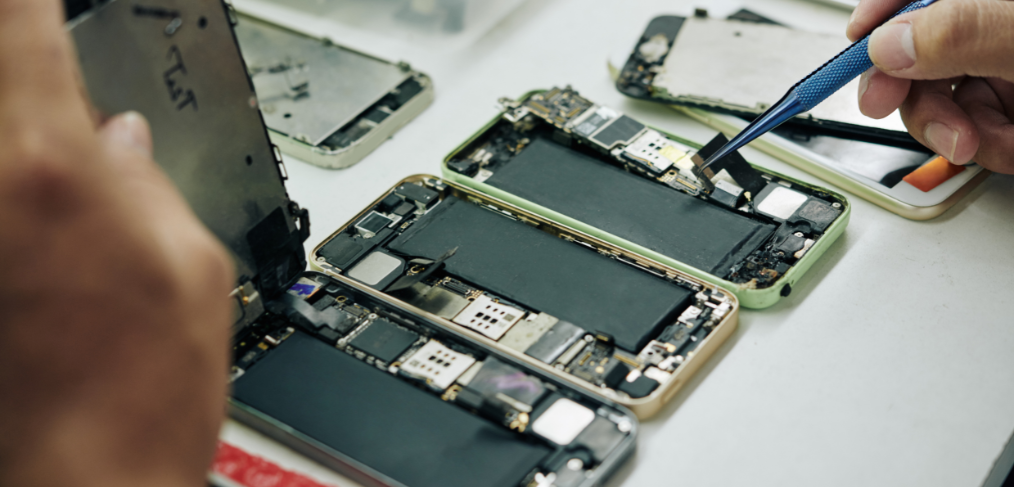
Repairing is climate protection – Internal Market Committee sharpens Commission proposal on the right to repair
Content and Green assessment of the position of the Internal Market Committee:
- Also due to Green pressure, the European Commission finally launched the right to repair in March this year, a central building block of the circular economy. The core is the obligation of manufacturers to repair their products for a certain period of time as well as the prioritization of repair over replacement in case of a defective product under the legal guarantee.
- The leading Internal Market Committee was able to specify and sharpen this mark-up in its position – despite massive resistance from the Conservatives and Liberals and against pressure from the industry lobby. In November, the right to repair will be voted on in the plenary in Strasbourg; after that, the trilogue negotiations can begin.
- The committee position is a breakthrough for tinkerers: We Greens were able to achieve that spare parts and instructions must be available for independent workshops and also for tinkerers at home, at a reasonable price and at least for the expected lifetime of the product. Unfortunately, the Conservatives have used the reference to trade secrets to restrict access to highly specialized diagnostic tools to examine products before repair, which currently often stands in the way of independent repairers analyzing the damage and then repairing it. This is a missed opportunity to put independent repairers on an equal competitive footing with Apple and Co. – and it is precisely this fair competition that can lower repair prices.
- From the Green point of view, the extension of the products covered by the directive to include bicycles, smartphones and tablets is particularly welcome. In addition, products will be included as soon as the Commission establishes new rules for them, e.g. under the new eco-design regulation. So when lifetime specifications are set, they should also be covered by the right to repair. The more products, the easier for consumers, the better for the planet.
- We Greens were able to anchor some of our demands for a universal right to repair in the committee position, for example that manufacturers should not be allowed to further hinder repair through certain practices such as the serialization of spare parts or in contracts, or that they reject already repaired products for repair.
- On the legal guarantee under the sales of goods directive, we were able to negotiate two big advantages for consumers: The extension of the legal guarantee by one year after the repair of the product, which will be a great incentive to choose repair when the product is defective. And consumers will be able to turn directly to the manufacturer for the repair of the product and no longer have to go through the seller. This puts more responsibility on manufacturers and therefore becomes an incentive to design products in a more repair-friendly way if they have to repair them themselves. We would have liked to see more in the so-called hierarchy of remedies: only if repair is cheaper than replacement and only if repair does not cause „significant inconvenience to consumers“ should repair be preferred to replacement. For resource protection and to make repair the norm, we would have prioritized repair more.
- Furthermore, Member States are encouraged to strengthen repair through financial incentives (vouchers, repair bonuses, etc.). We would have additionally liked to see a system of extended producer responsibility like in France, in which the manufacturers jointly pay for repairs.
- In the negotiations, there were intense debates about the form for informing consumers about repairs. The conservative and liberal side succeeded in making it voluntary instead of obligatory, as the Commission had proposed – a cave-in to the industry lobby, which warned against too much bureaucracy. This is a step backwards in consumer information. The committee’s position already provides for facilitation for SMEs, such as training and support in implementation.
- We also came across the issue of online marketplaces in the right to repair. Unfortunately, as in other dossiers, we did not succeed in finding a majority to make them more responsible if they cannot name an economically responsible person who would be responsible for the repair. This leaves a loophole for consumers who order online from third countries.
in Aktuelles
